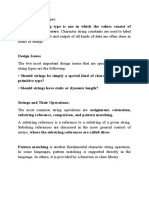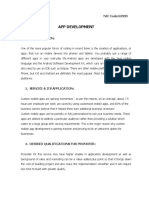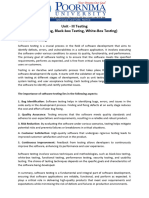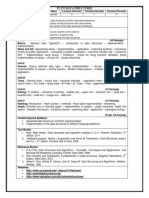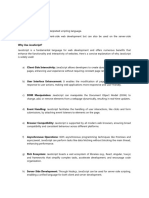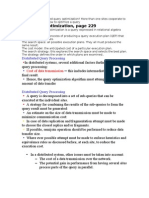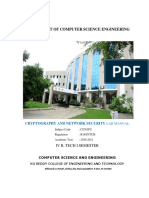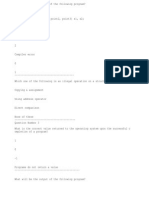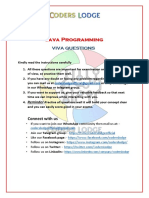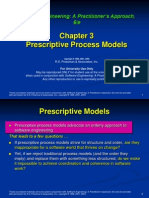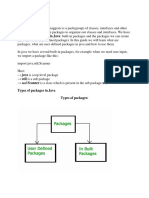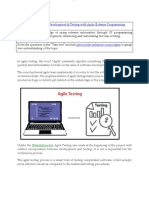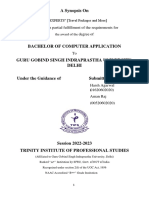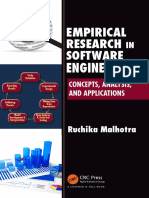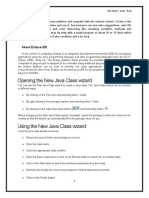0% found this document useful (0 votes)
298 views6 pagesJava Learning Roadmap For Beginners - Kabirosky
Java notes
Uploaded by
keshavsen1518Copyright
© © All Rights Reserved
We take content rights seriously. If you suspect this is your content, claim it here.
Available Formats
Download as PDF, TXT or read online on Scribd
0% found this document useful (0 votes)
298 views6 pagesJava Learning Roadmap For Beginners - Kabirosky
Java notes
Uploaded by
keshavsen1518Copyright
© © All Rights Reserved
We take content rights seriously. If you suspect this is your content, claim it here.
Available Formats
Download as PDF, TXT or read online on Scribd
/ 6




